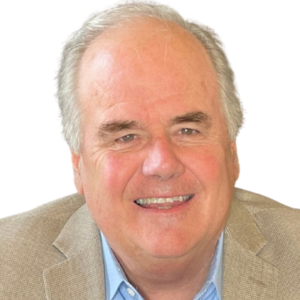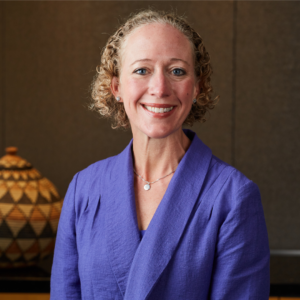Can millennials solve the nursing shortage?
When it comes to solving the looming nurse shortage crisis, the millennials may be coming to the rescue.
Millennials are almost twice as likely to become registered nurses as their baby boomer predecessors were and are joining the profession in droves, according to new research published in Health Affairs.
The baby boomer generation has accounted for the largest sector of the nursing workforce since 1981. But analysts had predicted massive national shortages once those nurses began to retire over the next 12 years.
“This fear no longer appears to be justified, as the millennial generation is well on its way to replacing the baby boomers and supplying an additional 1 million RNs between now and 2030,” says Peter Buerhaus, director of the Center for Interdisciplinary Health Workforce Studies and a professor in the university’s College of Nursing, one of the study’s lead authors.
Nevertheless, the study authors warn: with roughly 1 million baby boomers approaching retirement age, the total size of the registered nurse workforce will grow at an annual rate of only 1.3 percent over the next decade, which is half the rate of yearly growth from 2000 to 2015.
Nursing schools and provider organizations need to keep their recruiting efforts in place, Buerhaus adds. “There are many uncertainties that will affect both the supply and demand for nurses in unexpected ways, particularly with regard to how much demand for nurses will grow,” he said. “Given this, we see no reason to lower the production of nurses. Rather, if anything, nursing education programs should focus more diligently on preparing nurses for a health care system that will be driven increasingly by rewarding high value healthcare, improving quality and safety of care, controlling costs, shifting more health care into outpatient, ambulatory and community settings, and expanding clinical roles and leadership opportunities for nurses.”
The demographic shift also means employers will need to be in tune with the work/life balance and professional expectations of millennials. “Knowing what millennials are looking for in their work lives can help employers make informed adjustments and modifications in the workforce environment, which can have the added benefit of helping promote retention of RNs and avoid costly recruitment and replacement,” Buerhaus says.
Read the university press release.

Pamela Tabar was editor-in-chief of I Advance Senior Care from 2013-2018. She has worked as a writer and editor for healthcare business media since 1998, including as News Editor of Healthcare Informatics. She has a master’s degree in journalism from Kent State University and a master’s degree in English from the University of York, England.
Related Articles
Topics: Staffing











